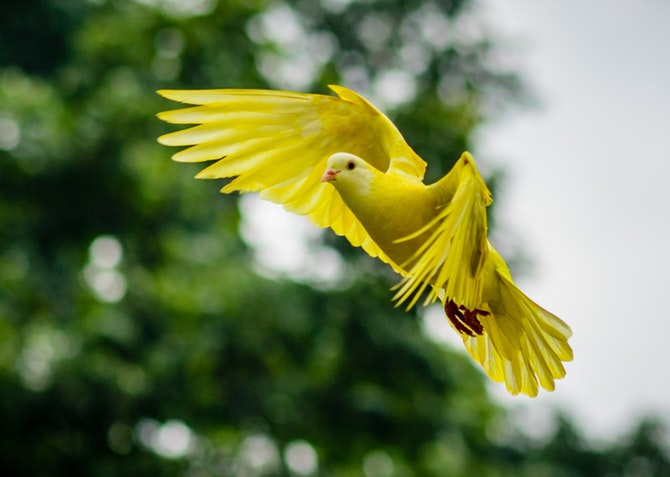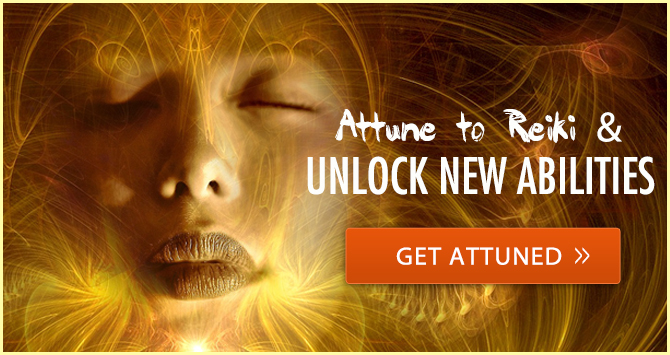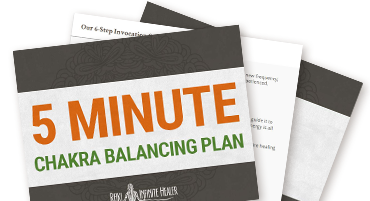The 5 Principles of Reiki

I'd like to start with this beautiful work by Dr. Mikao Usui.
The secret art of inviting happiness
The miraculous medicine of all diseases
Just for today, do not anger
Do not worry and be filed with gratitude
Devote yourself to your work. Be kind to people.
Over the years the large number of translations with their individual modifications have lead to slightly differing versions of the 5 principals.
The translation as it was given to me:
- Just for today, I let go of worry
- Just for today, I let go of anger
- Just for today, I will express gratitude.
- Just for today, I will do my work honestly.
- Just for today, I will be kind to my neighbor and every living thing.
When I first learned how to use the Reiki I system, in the notebook given to me was a page marked "The 5 Principles of Reiki."
I gave it a quick glance, considered it something I would try to memorize later, and turned the page.
A month later I found it again in one of my readings that explained to a better degree what the five principals meant and how to use them.
These principles are suggestions Dr. Usui made on how to create a peaceful life and do not require a knowledge of Reiki to be effective.
He developed these principles when he realized our spiritual, emotional, and physical health truly begins when we take responsibility for our own well-being.

The First Principle
What is worry?
Worry is created by our fear of an unknowable future.
We have the ability to create a future in our mind, but this future does not exist until we create it.
Therefore, when we worry, it is often for something that doesn’t exist.
The future is unknowable.
To worry about it often creates the very future we are trying to avoid, the “self fulfilling prophecy”.
When we worry, we create a mental reaction to something that hasn’t happened yet.
This means that we are experiencing the emotion before the action.
We do this because we are trying to prepare ourselves for the worst possible scenario.
If we prepare for the worse, we experience the emotion of how the worse will feel.
This emotion gets stored into our brain and is then accessed every time we think about that situation.
Once this emotion has been established, it is quite difficult to see the future from a different perspective.
Because of this, we create the future we are trying to avoid.
Worry often comes from a feeling of separation and isolation.
Alone, we often feel small and vulnerable, and we worry about our ability to bear the burden of our survival, forgetting we already have everything we need to survive.
We worry about what we wont have tomorrow instead of what we have today… when tomorrow is only a concept and today is a realty.
Because we fear the future, we desire to possess more than we need to survive.
This is a common state of mind in the west, which has inadvertently created hunger, war, and economic disparities throughout the rest of the world.
This creates more fear, as we don’t want to end up like someone who is hungry or poor, which causes us to possess even more stuff to ensure we not only survive, but survive comfortably.
Without worry, this cycle will end.
Letting go of worry allows us to trust that we will be able to handle any situation the future brings us.
The more we allow ourselves to believe we will survive, the more we come in touch with a natural state of peace.
Peace does not mean that we live without challenges - it means we remain peaceful through those challenges without worry.

The Second Principle
So, what is anger?
Anger is a reaction, not an action.
We create anger.
Anger is not given to us.
Our mind creates chemicals that gives us the feeling of anger, our body tenses up, our heart rate increases, our emotions become clouded, and we either swallow the anger, or try to give it to someone else.
When we swallow it, it’s very destructive to our physical and mental well being.
When we try to give it to others, we realize that the person on the other end must create anger in their mind in order to feel angry.
If they decided to create anger, they then try to give the anger they created to us.
Basically what we are doing is throwing negative energy at each other.
To do this, we must create the energy.
Creating negativity, for any reason is detrimental to our mind, body, and spirit for it never really leaves us.
The more we create it, the easier it is to create.
Over time it becomes part of our autonomic response system.
This means, instead of thinking of each situation as being different, and reacting to it differently, we generalize and use a predetermined response.
If our predetermined response is anger, then we will become angry people.
There is a great deal of difference between “anger” and “frustration”.
Frustration gives us the opportunity to create a different perspective of a situation.
Anger is our inability to see beyond our initial perception.
In order to avoid anger, we must change our perception of what makes us angry.
Since anger is created in our mind, it is our decision to hold onto it or let it go.
By searching for the root of our anger, by looking at it from a different perspective, we can see if it has any true merit, and set it free.
The Third Principle

This is not just a polite thank you to the universe…
This is an understanding that, just for today, everything we need has been provided.
We are grateful for the experience of physical existence.
We are grateful to be alive.
We thank ourselves for everything we have, for we are the vehicles of the universe.
The Fourth Principle
This statement can be read as, “I live my life honestly”.
This is in regard to our “life’s work” which has little to do with the conformity of “corporate America” or the religious and political concepts of morality.
This simply means must be true to ourselves, and be truthful to others.
We should avoid hiding from ourselves, or hiding ourselves from others.
Only through honesty can we move forward.
If we are truthful in all aspects of our life, then we have a life we can build on.
The Fifth Principle
Just for today, I will be kind to my neighbor and every living thing.
The fifth and final Principle of Reiki given to us by Dr. Usui teaches us how we should mentally approach any situation with ourselves and with all that is around us.
This approach is, “kindness”.
Kindness is something that can be created, but not given.
This is because kindness is a state of being, not an action.
We must all create kindness within ourselves by understanding that we are all at different stages on the same spiritual path.
We are all connected.
We are all perfect.

If we are kind, even in times of adversity, then kindness has become a permanent part of our autonomic response system.
We become kind people.
This does not mean we let others walk all over us, for we must first be kind to ourselves. By living in kindness we live in a way that is most beneficial to our mental well-being.
By living in kindness, we honor all that is with the grace and love of our spirit.
We honor the food we eat, the air we breathe, the water we drink, and all that sustains us.
Everything that surrounds us is a living object when looked at from an atomic level, so our kindness and respect must be infinite.



